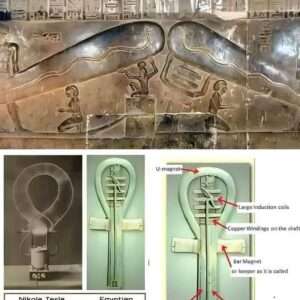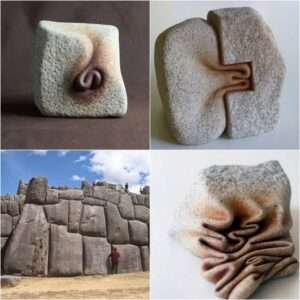In 324 BCE, Alexander the Great orchestrated a grand mass wedding ceremony in the Persian city of Susa. The event marked a significant moment in history as Alexander, a powerful conqueror, sought to solidify his rule over the vast Achaemenid Empire through marriage alliances. The lavish affair saw Alexander himself taking Stateira, the eldest daughter of Darius III, and Parysatis, the youngest daughter of Ochus, as his brides. Additionally, around 80 of his most distinguished Macedonian officers were united in matrimony with Persian noblewomen.
The Susa weddings symbolized Alexander’s ambitious vision of bridging the gap between the Macedonian and Persian aristocracies, aiming to blend their cultures and foster unity in the newly conquered territories. The ceremony, conducted in accordance with Persian customs, showcased the blending of traditions as the couples sat together while Alexander presided over the proceedings.

Despite the grandeur and optimism surrounding the Susa weddings, the marriages ultimately fell short of achieving lasting harmony. Alexander’s sudden demise in 323 BCE dealt a severe blow to the envisioned unity, leading to the dissolution of many of the marital bonds between Macedonians and Persians. However, amidst the fractures, one notable exception emerged in the form of Seleucus, who remained devoted to his union with Apama, the daughter of Spitamenes of Bactria.
The Susa weddings, though marred by subsequent separations, serve as a poignant reminder of Alexander’s aspirations for a cohesive empire transcending cultural differences. While the marriages may not have endured as intended, the event stands as a testament to Alexander’s progressive vision and his attempt to forge a unified realm that embraced the diversity of its peoples.
In conclusion, the Susa weddings, with their blend of opulence and symbolism, showcase the complexities of Alexander’s legacy and the challenges of uniting disparate cultures under one rule. Though the marriages may have faltered in the face of political upheaval, the spirit of unity espoused by Alexander at Susa continues to resonate as a profound chapter in ancient history.





